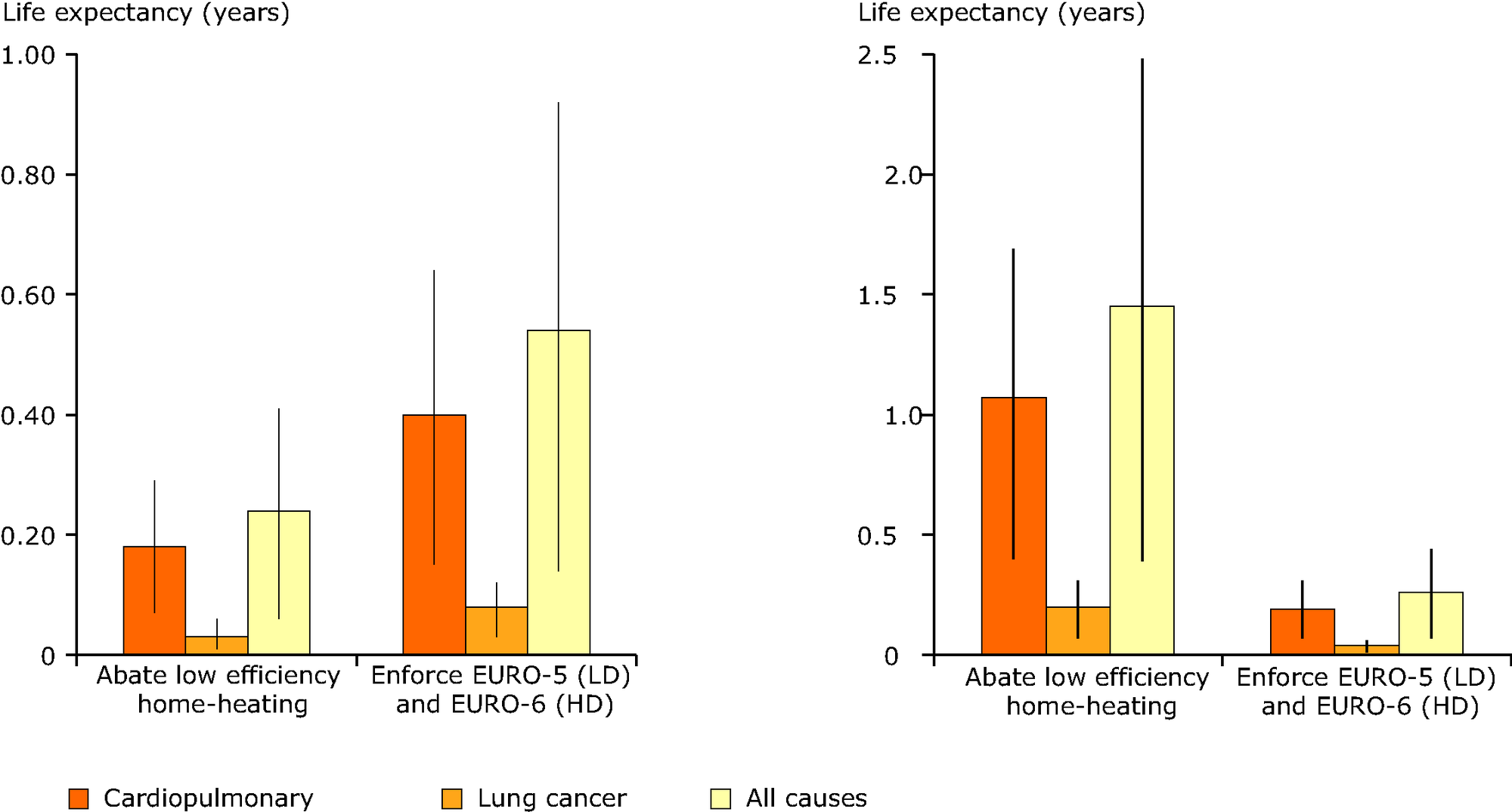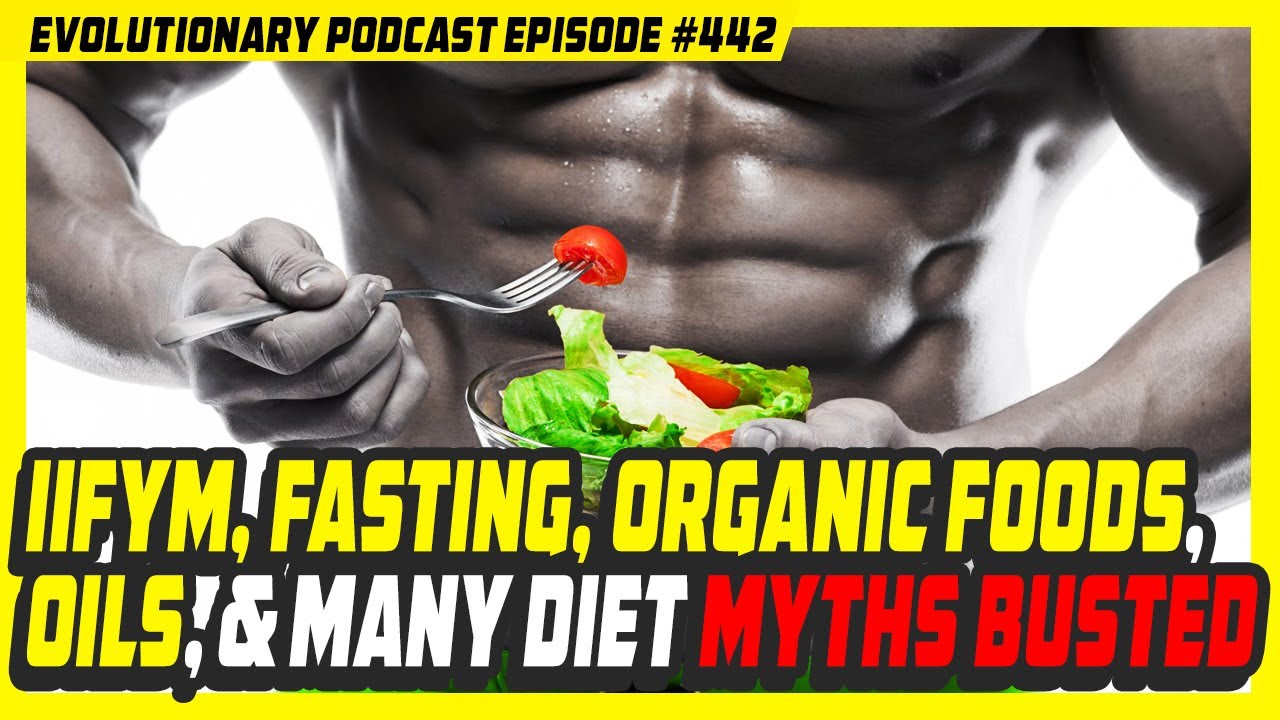
Health and Lifestyles is a representative survey of the British population. The survey aims to assess the health of the population and their exercise and diet habits. The survey was completed between May and June 2009 and its results have been widely published. These data are used in order to determine the best health-care programs. About half of the population over 40 participated in the study. Participation in Health and Lifestyles has many benefits.
This is the first ever large-scale survey of British lifestyles, health, and wellbeing. The survey revealed that many factors influence a person's life, including their physical fitness, psychological state, life circumstances, health-related behavior, and even their mental health. This study provides important insight into the factors that affect health and lifestyles by taking into account the psychological and social context of an individual's lives and identifying patterns in health-related behavior. This study also provides valuable insights into the causes of common diseases and how they can be prevented.

Researchers in health and lifestyles face two main problems. The first is the ability to measure the impact of health behaviors on a community. Second, current analytic methods are far behind theoretical developments. Some studies use factor analysis or cluster analysis, but most fail to test causal hypotheses. They are nonetheless more thorough than most studies. Politicians will benefit from a more thorough understanding of the relationship between lifestyles and health.
Research in health and lifestyles examines the differences among groups. The study found that children from the "safety problems" class had significantly lower behavior scores than children who were classified in the "consistently positive" class. A hypothetical child from the safety issues class would score at least the sample mean in all outcomes. The results showed people with lower social status and those from higher socioeconomic backgrounds had healthier lifestyles that the rest.
Several studies have shown that the relationship between a healthy lifestyle and psychosomatic symptoms varies by gender and country. A person's symptoms will be lower if they are more healthy. In Ireland and Greece, for instance, there was a greater reduction of symptoms for boys who lived a healthy life. These findings are important for determining how to improve the quality of life of children and adolescents. It is important to have a balanced diet and exercise routine.

Psychosomatic symptoms can be linked to a healthy lifestyle. This is complicated. It is different for each country and for each sexe. It is generally found that the more symptoms are associated with a healthy lifestyle, then the better. The strongest association between healthy lifestyles and psychosomatic symptoms is found in boys from countries with better lifestyles. The results vary across the globe. This study indicates the importance of physical activity for the quality of life in the long term.
FAQ
What foods should I avoid when trying lose weight?
Avoid trans fats. Trans fats can increase LDL (the negative) cholesterol levels and decrease HDL (the positive) cholesterol.
Trans fats can be found in fast food, deep-fried foods, packaged baked goods, snack cake, and other processed foods.
These unhealthy fats can also lead to inflammation, which can cause heart disease and diabetes.
Avoid foods that are sweetened with artificial sweeteners. Artificial sweeteners may increase your chance of getting cancer.
These chemicals are found everywhere, from soft drinks to chewing candy to candy bars to chewing gum. These chemicals are also found in meat, poultry, eggs, and other foods.
Artificial sweeteners include saccharin, cyclamate, sorbitol, aspartame, acesulfame-K, and sucralose.
These chemicals can damage DNA and cause cell death, according to the American Heart Association.
Is it true that overeating protein causes kidney stones?
Protein helps maintain healthy bones and tissue. Over-consuming protein can result in calcium being excreted through the kidneys. This can lead kidney stones.
It is important to keep in mind that not everyone will develop kidney stones if they consume more protein than 2 grams per kilogram (2.2lbs). People can eat large amounts of protein and not get kidney stones.
Your sodium intake can prevent kidney stone formation. Sodium is important for maintaining the body's water balance. Too much sodium can lead to kidney stones.
You may also want to reduce your protein intake in the event of kidney stones. About half of adults' daily caloric intake is made up of protein. It is possible to lose weight by cutting down on your intake of proteins.
If you do decide to eat more protein, don't go overboard. Do not eat more than 20% of your daily calories from protein.
Can I go to a gym 7 days per week?
You can go to the gym seven times a week, but not at once. You have to find a time where you can do this without feeling too exhausted and drained.
This will help you remain motivated and have more energy to do other activities.
You must also ensure that you eat enough during these times. This will ensure you don't feel tired and sluggish when going to the gym.
Last, make sure there aren't any other things competing with your time. You might want to avoid working out on school nights if you have kids. They can distract you from your exercise routine.
What is the best exercise routine to build muscle?
There are two main things you must do when building muscle mass. These are the isolation exercises as well as compound movements. While compound movements focus on a single muscle, isolation exercises are focused on specific muscles.
It is important to do exercises that work all of your major muscles groups. This will ensure that you work hard every session.
MyFitnessPal, an app that tracks your actions, can be used to help you keep track. It allows you to log everything from calories burned to weight lifting. It also allows you to create meal plans customized for your goals.
What diet supplement is best to lose weight?
Losing weight requires both diet and exercise. However, some people find that certain supplements help them along the way.
Some studies suggest that omega-3 fatty acids may help with weight loss. Omega-3s are essential fats that are important for brain function and cell membrane integrity. They are found in fish like salmon, tuna, shrimp and cod liver oil.
Another study suggests that green-tea might help with weight loss. Green tea is rich in catechins, antioxidants which may boost metabolism and aid weight loss.
Are there any benefits to practicing yoga?
Yoga has been around since ancient times and has gained popularity recently. Celebrities, as well as everyday people who are looking to stay fit and healthy, have made yoga a hugely popular choice.
Yoga is great for strengthening your muscles and stretching them. Yoga is also great for calmening your mind and relaxing.
The primary difference between yoga and other forms is the focus on breathing techniques in yoga.
For balance and flexibility, there are many poses you can do.
Statistics
- 10 pounds in a month is likely during a lean bulking phase, especially for beginners. (muscleandstrength.com)
- According to the American Heart Association, blood pressure should be checked at least once every two years, beginning at age 20. (my.clevelandclinic.org)
- According to the American Academy of Dermatology (AAD), men over 50 are at a heightened risk of developing it. (healthline.com)
- Are You One of the 20% of Guys (mh.co.za)
- Get free shipping and 25% off today. (healthline.com)
External Links
How To
What should I eat before a workout?
To lose weight, you need to eat fewer calories than you burn during exercise. You also need to consume all your nutrients.
These include protein, carbohydrates and fats as well as vitamins.
The best way to do this is by eating smaller meals throughout the day rather than three large ones.
You might perform less well if you're too hungry while working out.
Instead of drinking energy drinks that are high in sugar and caffeine, you could drink water. This helps keep you hydrated and energized.
Make sure to drink enough fluids. You could lose electrolytes if you drink too much water.
Your body needs electrolytes for proper functioning.
You could also drink sports drinks if water is scarce. They are rich in sodium, potassium, calcium and magnesium as well as other minerals.
This help replenishes lost electrolytes. However, these won't replace any electrolytes that you might have lost from sweating.
A multivitamin pill can be taken if you worry about losing too much salt while exercising.
These include extra vitaminB6, which regulates your body's sodium level.
You shouldn't depend on supplements if there isn't enough salt in the food or drinks you consume.
They aren’t regulated under the Food and Drug Administration.
Certain brands of sports drinks might contain more sodium than others.
Some sports drinks may contain artificial sweeteners or other preservatives. These can cause problems with the digestive system.
You could use sea salt if you are concerned about taking too much salt.
It contains fewer chemicals than table salt.
Sea salt is also low in iodine, another mineral needed for healthy thyroid function.